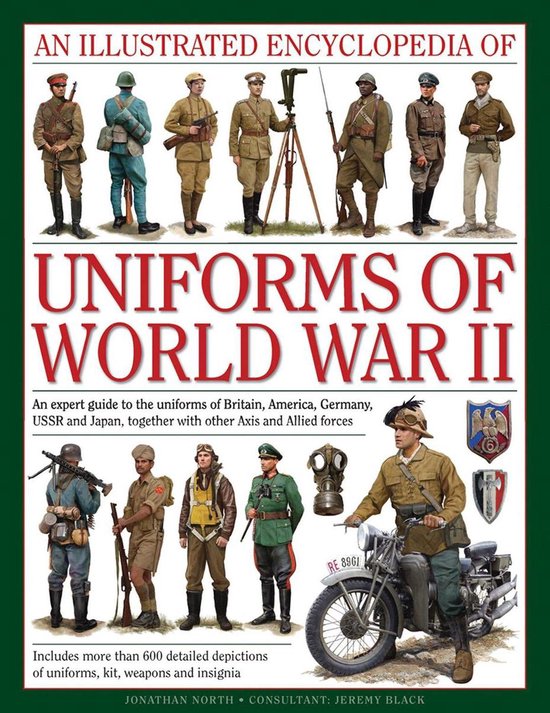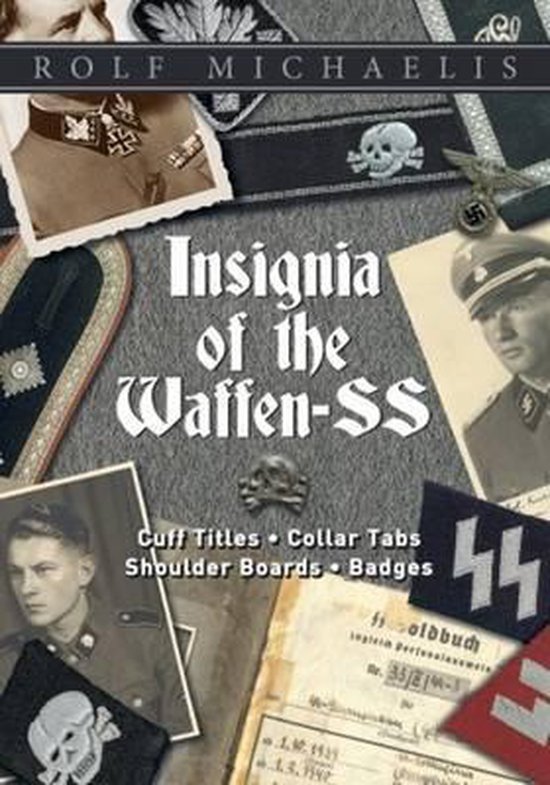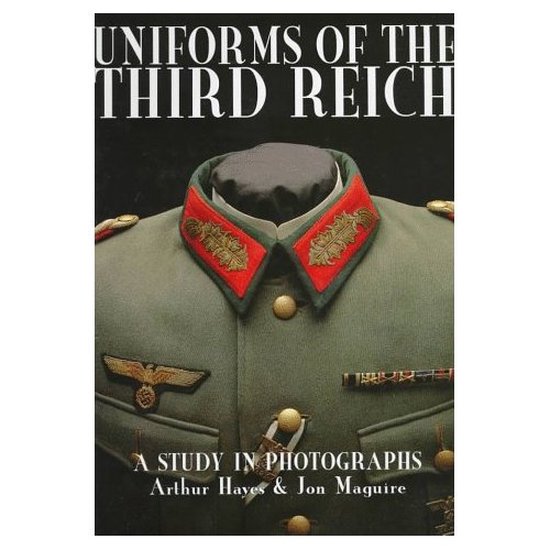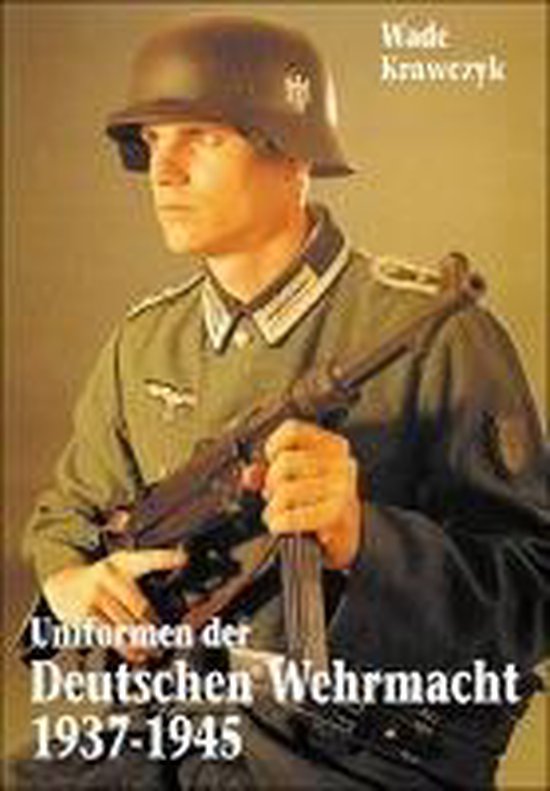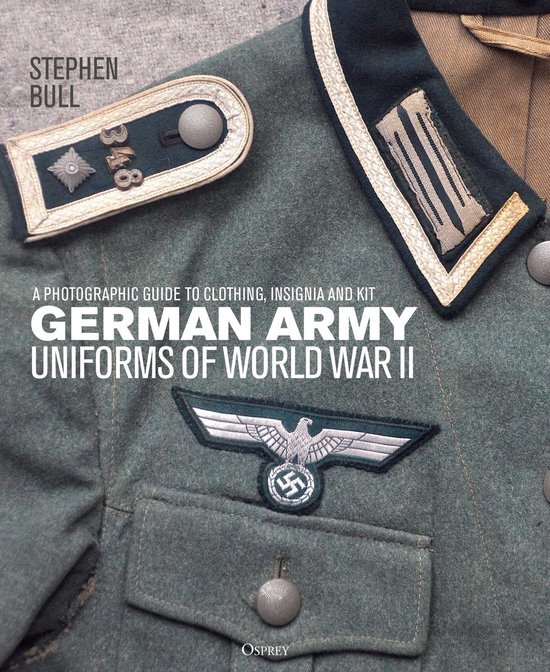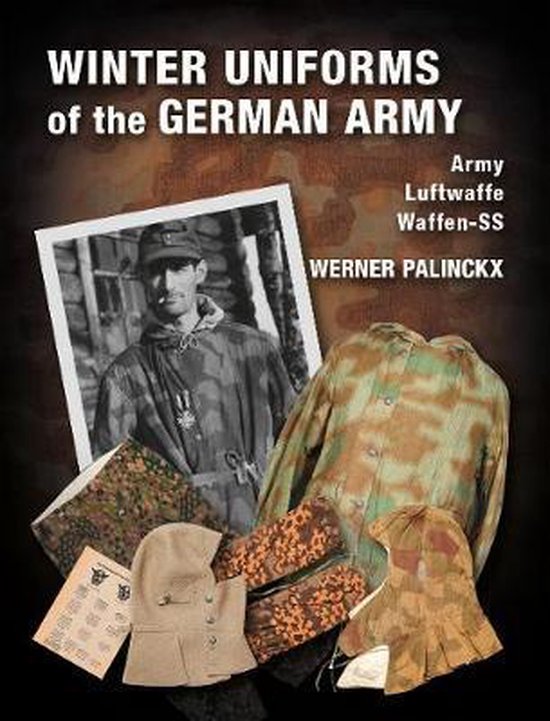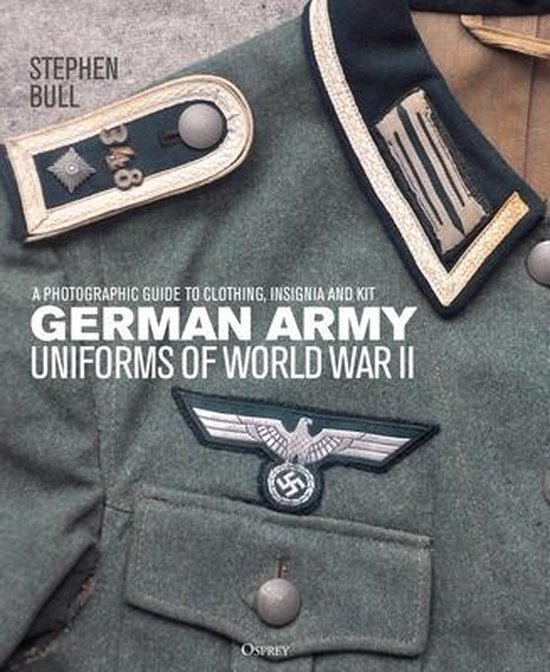
German Army Uniforms of World War II A photographic guide to clothing, insignia and kit
In the years after World War I, the defeated and much-reduced German Army developed new clothing and personal equipment that drew upon the lessons learned in the trenches. In place of the wide variety of uniforms and insignia that had been worn by the Imperial German Army, a standardized approach was followed, culminating in the uniform items introduced in the 1930s as the Nazi Party came to shape every aspect of German national life. The outbreak of war in 1939 prompted further adaptations and simplifications of uniforms and insignia, while the increasing use of camouflaged items and the accelerated pace of weapons development led to the appearance of new clothing and personal equipment. Medals and awards increased in number as the war went on, with grades being added for existing awards and new decorations introduced to reflect battlefield feats. Specialists such as mountain troops, tank crews and combat engineers were issued distinctive uniform items and kit, while the ever-expanding variety of fronts on which the German Army fought - from the North African desert to the Russian steppe - prompted the rapid development of clothing and equipment for different climates and conditions. In addition, severe shortages of raw materials and the demands of clothing and equipping an army that numbered in the millions forced the simplification of many items and the increasing use of substitute materials in their manufacture. In this fully illustrated book noted authority Dr Stephen Bull examines the German Army's wide range of uniforms, personal equipment, weapons, medals and awards, and offers a comprehensive guide to the transformation that the German Army soldier underwent in the period from September 1939 to May 1945.
| Auteur | | Stephen Bull |
| Taal | | Engels |
| Type | | Hardcover |
| Categorie | | Mens & Maatschappij |
